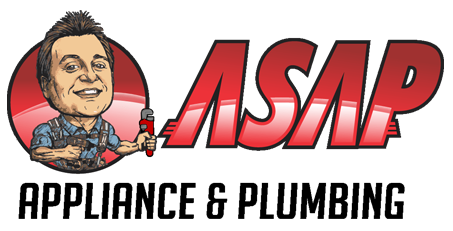We’ve all been in the unfortunate situation of flushing the toilet only to watch it slowly overflow onto the floor. This is likely due to you or someone who was in the bathroom before you flushing something they weren’t supposed to down the toilet. So how do you know what’s flushable and what isn’t? Are products marked “flushable” a safe or more effective alternative to toilet paper? We’ll answer these questions and more in this blog.
Why Flushable Wipes Really Aren’t
Flushable wipes are great when you have small children or want to take extra gentle care of yourself. They can also be wonderful to take on camping trips or hikes if you won’t have access to normal plumbing for a few hours or days. However, you need to keep in mind that while they say “flushable”, it’s still not a good idea to put them down your sewer system. Why? Because, while they will eventually break down, they will do so much more slowly than normal toilet paper. This leads to clogs in your system and expensive back-ups.
So What Can You Flush?
The best advice is to flush toilet paper and human waste only down your toilet. However, there are some items that are worse for your sewer system than others. These items should never be flushed: napkins, paper towels, dental floss, baby or moist wipes, toilet bowl scrub pads, facial tissues, any types of oils or grease, hair, sanitary napkins or tampons, Q-tips or cotton balls, plastics, pharmaceuticals, and diapers.
How Much Toilet Paper Should You Flush?
While toilet paper is safe to flush, you can still run into problems if too much goes down the system at one time. Toilet paper can also cause problems if you’re using a low-flow toilet, if your pipes have gotten rough from being coated with grease and waste, or if you’re using super-plush toilet paper that is too thick.
When using toilet paper (or teaching your children how to use toilet paper), understand that the less you use, the better. If you do need to use more than the normal amount of toilet paper, flush before putting the extra paper into the toilet and then re-flush. You can also use flushable wipes in situations where you need more toilet paper than usual—just throw the wipes into the trash can instead of into the toilet. If you’re potty-training or have young kids, you may want to teach them early on to use the wipes and refrain from throwing anything into the toilet until they get to an age where they can judge how much is too much.
What Can I Do if My Toilet Clogs?
No matter how much you try to control what goes down the toilet, accidents and other circumstances can still lead to clogs. If your toilet overflows or isn’t flushing properly, you can always go to the old standby: the plunger. This can take care of clogs that are not significant. However, if the plunger doesn’t do the trick or if you are experiencing clogs on a regular basis, it’s always a good idea to call a professional Omaha plumber like ASAP Appliance, Plumbing & Drain Service. We’ll take care of your clog and ensure your plumbing system is working its best.


